JENA, Germany: In an exciting discovery that may help to change the way we look at medieval history, researchers have found traces of lapis lazuli stone in the dental calculus of a woman buried at a ninth- to fourteenth-century church–monastery complex in Germany. This evidence suggests that she was an accomplished painter of illuminated manuscripts, challenging previous beliefs regarding the role of women during this time.
In medieval Europe, lapis lazuli was as rare and expensive as gold. The discovery of traces of the blue pigment preserved in the dental plaque was made by researchers from the Max Planck Institute for the Science of Human History in Jena and the University of York in the UK and adds to a growing body of evidence that nuns in medieval Europe were not only literate, but also involved in the production of books.
To identify the blue colouring trapped in the woman’s plaque, scientists used a range of light and electron microscopy techniques, as well as spectroscopy, including a technique called Raman spectroscopy, which offers a non-destructive means of characterising mineral pigments and other materials with high precision using the scattering of laser light. “It came as a complete surprise—as the calculus dissolved, it released hundreds of tiny blue particles,” said co-first author Dr Anita Radini, Wellcome Trust Research Fellow in Medical Humanities at the University of York.
“Here we have direct evidence of a woman, not just painting, but painting with a very rare and expensive pigment, and at a very out-of-the-way place,” explained senior author on the paper Prof. Christina Warinner from the Max Planck Institute. “This woman’s story could have remained hidden forever without the use of these techniques. It makes me wonder how many other artists we might find in medieval cemeteries—if we only look.”
The study, titled “Medieval women’s early involvement in manuscript production suggested by lapis lazuli identification in dental calculus”, was published on 9 January 2019 in Science Advances.
Tags:
PITTSBURGH, US: A new US$17 million research initiative led by the University of Pittsburgh is set to revolutionise understanding and treatment of ...
TÜBINGEN, Germany: Given that teeth are often the best-preserved part of human skeletons, researchers across many disciplines frequently rely on them to ...
LOS ANGELES, U.S./SICHUAN, China: Though genetic research has become increasingly relevant in the fields of medicine and biology, it has remained relatively...
BURGOS, Spain: The Centro Nacional de Investigación sobre la Evolución Humana in Burgos in Spain has released a new open access dataset comprising 712 ...
COPENHAGEN, Denmark: A number of recent studies have shown that dental calculus from archaeological samples could be a rich source for better understanding ...
PORTLAND, Ore., U.S.: A recent study has found that a compound used to make car bumpers more robust and protect wood decks could make dental fillings last ...
NEWCASTLE UPON TYNE, England: A new app designed to support patients with temporomandibular disorder (TMD) has recently been launched as the world’s first...
VANCOUVER, British Columbia, Canada/COLUMBUS, Ohio, U.S.: The composition of the oral microbiome is critically important in oral health and disease, but the...
PORTLAND, Maine, U.S.: There are only a few studies that have examined not only the pressures students have to cope with in dental schools, but also the ...
MEDFORD, Mass., US: Stress can present as a wide range of physical, emotional and social symptoms, such as irritability, headache, anxiety and elevated ...
Live webinar
Tue. 3 March 2026
11:00 am EST (New York)
Dr. Omar Lugo Cirujano Maxilofacial
Live webinar
Tue. 3 March 2026
8:00 pm EST (New York)
Dr. Vasiliki Maseli DDS, MS, EdM
Live webinar
Wed. 4 March 2026
12:00 pm EST (New York)
Munther Sulieman LDS RCS (Eng) BDS (Lond) MSc PhD
Live webinar
Wed. 4 March 2026
1:00 pm EST (New York)
Live webinar
Fri. 6 March 2026
3:00 am EST (New York)
Live webinar
Tue. 10 March 2026
4:00 am EST (New York)
Assoc. Prof. Aaron Davis, Prof. Sarah Baker
Live webinar
Tue. 10 March 2026
8:00 pm EST (New York)
Dr. Vasiliki Maseli DDS, MS, EdM



 Austria / Österreich
Austria / Österreich
 Bosnia and Herzegovina / Босна и Херцеговина
Bosnia and Herzegovina / Босна и Херцеговина
 Bulgaria / България
Bulgaria / България
 Croatia / Hrvatska
Croatia / Hrvatska
 Czech Republic & Slovakia / Česká republika & Slovensko
Czech Republic & Slovakia / Česká republika & Slovensko
 France / France
France / France
 Germany / Deutschland
Germany / Deutschland
 Greece / ΕΛΛΑΔΑ
Greece / ΕΛΛΑΔΑ
 Hungary / Hungary
Hungary / Hungary
 Italy / Italia
Italy / Italia
 Netherlands / Nederland
Netherlands / Nederland
 Nordic / Nordic
Nordic / Nordic
 Poland / Polska
Poland / Polska
 Portugal / Portugal
Portugal / Portugal
 Romania & Moldova / România & Moldova
Romania & Moldova / România & Moldova
 Slovenia / Slovenija
Slovenia / Slovenija
 Serbia & Montenegro / Србија и Црна Гора
Serbia & Montenegro / Србија и Црна Гора
 Spain / España
Spain / España
 Switzerland / Schweiz
Switzerland / Schweiz
 Turkey / Türkiye
Turkey / Türkiye
 UK & Ireland / UK & Ireland
UK & Ireland / UK & Ireland
 Brazil / Brasil
Brazil / Brasil
 Canada / Canada
Canada / Canada
 Latin America / Latinoamérica
Latin America / Latinoamérica
 USA / USA
USA / USA
 China / 中国
China / 中国
 India / भारत गणराज्य
India / भारत गणराज्य
 Pakistan / Pākistān
Pakistan / Pākistān
 Vietnam / Việt Nam
Vietnam / Việt Nam
 ASEAN / ASEAN
ASEAN / ASEAN
 Israel / מְדִינַת יִשְׂרָאֵל
Israel / מְדִינַת יִשְׂרָאֵל
 Algeria, Morocco & Tunisia / الجزائر والمغرب وتونس
Algeria, Morocco & Tunisia / الجزائر والمغرب وتونس
 Middle East / Middle East
Middle East / Middle East
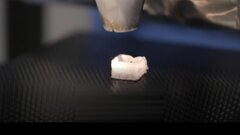
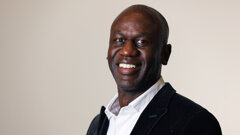

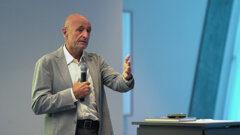
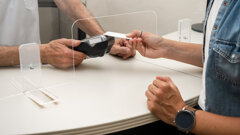

















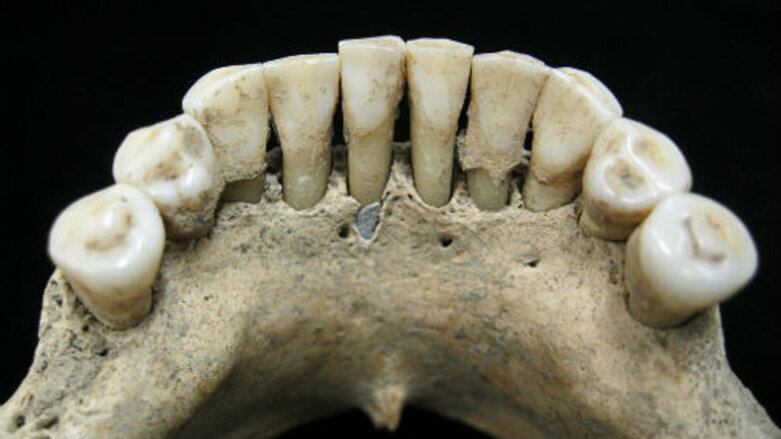



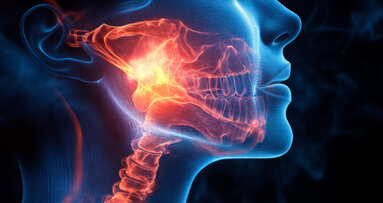
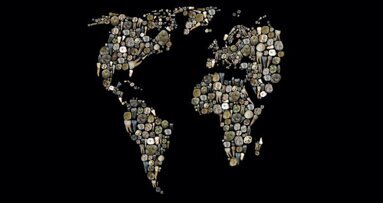
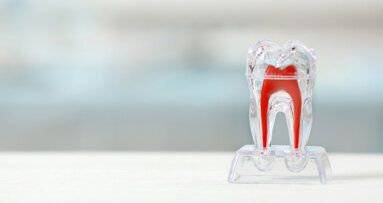

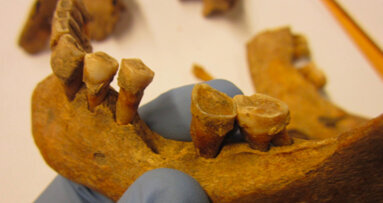
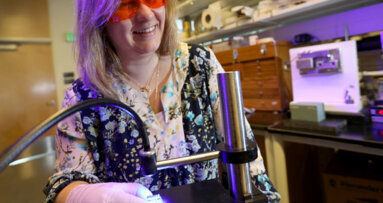
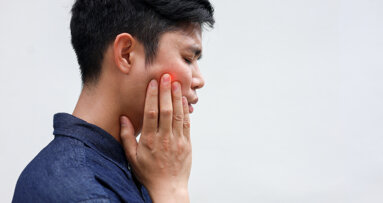










To post a reply please login or register